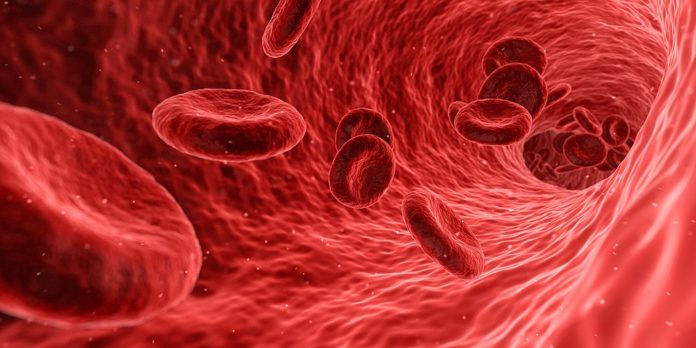High level commission raises red flag about current methods of reporting adverse events
Survival rates for blood cancers – including lymphoma, myeloma and some types of leukaemia – have dramatically increased over the past decade. This is partly because of novel treatment approaches including molecularly-targeted therapies and immunotherapies.
In contrast to traditional forms of treatment which were largely episodic and finite (ie, a set number of cycles of intravenous chemotherapy), therapy for some haematological cancers may now be given continuously over years, or in some cases indefinitely.
However, a new Commission by The Lancet Haematology shows how current methods of reporting adverse events, focused on assessing a drug or regimen’s safety, fail to appropriately identify important delayed, chronic or cumulative effects.
The toxicity over time and tolerability to the patient of new chronic or continuously administered therapies are not well defined
In particular, the toxicity over time and tolerability to the patient of new chronic or continuously administered therapies are not well defined. These are poorly captured by existing reporting mechanisms.
The Commission brings together 40 leading clinicians, clinical investigators, regulators, biostatisticians and patient advocates to analyse the evidence and propose recommendations to policy makers, researchers, industry and regulators. It will be launched at the European Haematological Association meeting in Stockholm.
“The success in outcomes and survival in many haematological malignancies is historically unparalleled and fuelled by scientific discovery and implementation. Patients are now living with the challenge of managing not just their haematological malignancy, but also managing chronic therapy for their illness, with new types of acute, chronic, cumulative and late toxicities. Measures to address the broad facets of toxicity assessment must be prioritised and further developed to ultimately enhance accurate, comprehensive, patient-centred toxicity reporting that will meaningfully inform the care of patients with blood cancers,” says Commission Chair Dr. Gita Thanarajasingam, Mayo Clinic, Rochester (MN), USA.
The authors propose new approaches to evaluating and reporting adverse events to complement the current methods. These include expanding reporting beyond high grade, acute toxic side-effects, and capturing less severe but chronic side effects, and cumulative and late effects in a more standardized manner.
While short term side effects with some regimens might include nausea and vomiting occurring over a few days in a cycle, long term effects might include neuropathy which worsens over time with ongoing drug exposure and can persist even after therapy is complete, for example.
Additionally, the authors emphasize that changes to clinical trial design to accommodate delayed adverse events, and incorporating patient reported outcomes into trials to assess and improve tolerability, adherence and quality of life are essential.


